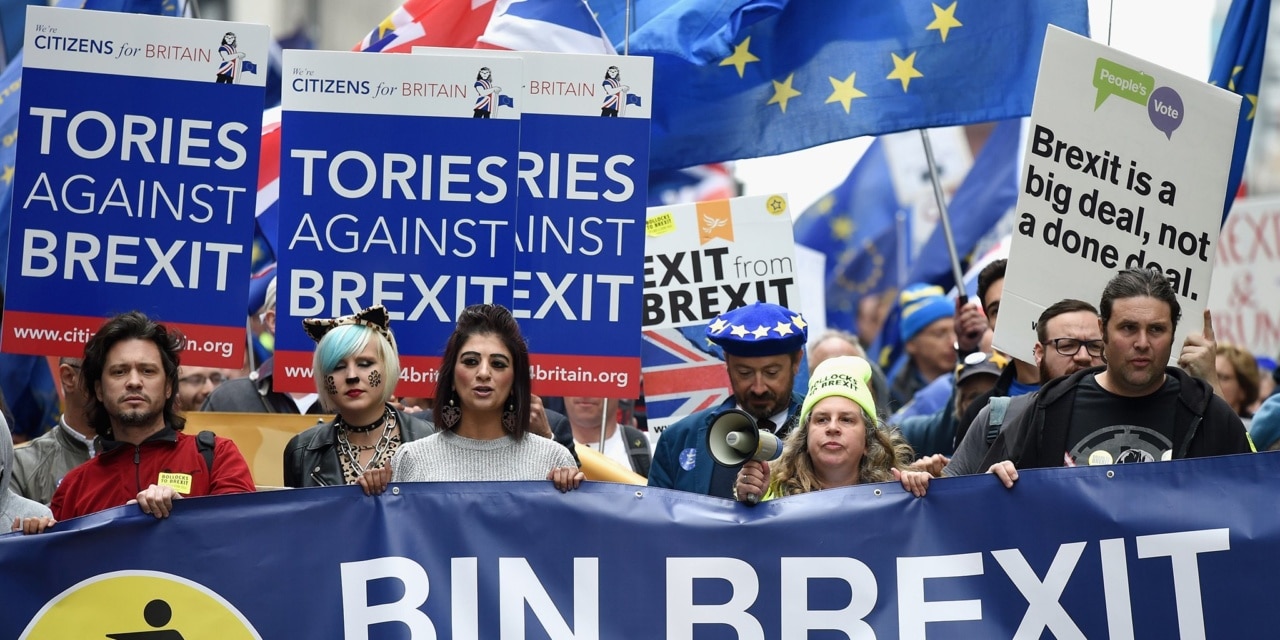“It is difficult to believe that prospects for the UK economy after Brexit will be positive.”
Professor John Fender writes:
With six months to go before the UK’s Brexit depature from the European Union, we still do not know what arrangement will follow.
But we can anticipate some of the consequences.
No Deal
The UK will find its trade relations deteriorating immediately with almost 70 countries — the 27 remaining members of the EU and about 40 countries with whom the EU has preferential trade deals. That’s far more to lose than for each of the EU countries, who will only suffer in trade relations with just one country.
A No Deal scenario may not occur as it is in neither party’s best interest, but for now the threat of a No Deal is a useful bargaining tool. Negotiations often involve a lot of brinkmanship and posturing, and one would expect positions to change as the deadline approaches – the awfulness of the outcome should concentrate negotiators’ minds.
Deal
Any deal is likely not to be the final deal, given that establishment of a solid trading relationship is likely to take years.
Expect some temporary arrangement during the 21-month transition period for a permanent agreement. This could be the UK remaining in the Customs Union after March 29, enabling trade to continue much as before. Brexiteers might object, but would be given the vision of a lasting position outside the Customs Union after trasnition.
The longer-term arrangement might well be a free trade agreement with the EU. This is not the same as a customs union: countries in a free trade agreement can set their own tariffs and negotiate preferential trade deals with third countries.
But there will have to be customs checks on trade between the UK and the EU. Otherwise, for exporters from countries with a preferential trade agreement with the UK but not the EU will be able to get their goods into Europe tariff-free by exporting them via Britain.
With such an agreement, it is difficult to see how the Irish border issue can be solved.
The Prospects
It is difficult to believe that prospects for the UK economy after Brexit will be positive.
Brexit-ers will contend that the forecasts of disaster after the 2016 referendum were not fulfilled, and that prophecies of doom after the formal departure are similarly unlikely to hold.
But that is a misunderstanding. The adverse effects after the referendum were cushioned by the depreciation of the pound and measures taken by the Bank of England. Once the UK leaves, there will be lasting changes that many people and firms will encounter in their everyday lives, such as customs checks on the UK-EU border.

